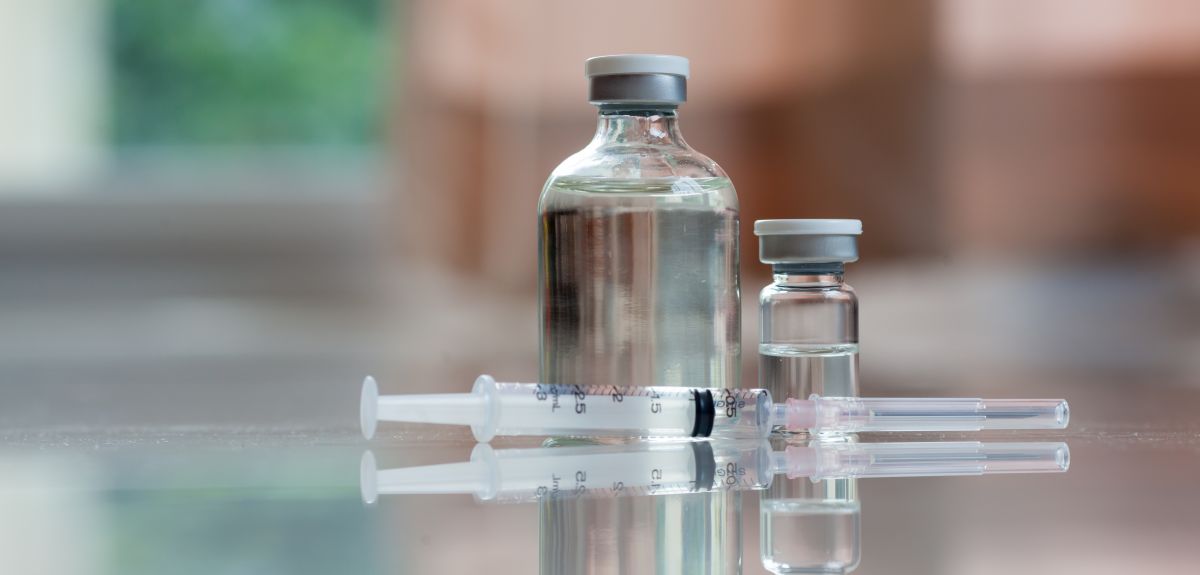
Shutterstock
Results of remdesivir trial released
The results of a placebo-controlled trial of remdesivir in COVID-19 patients have been published in the Lancet.
In early February scientists in China, supported by the ISARIC Support Centre at the University of Oxford, launched a placebo-controlled randomised trial of remdesivir in patients hospitalised with COVID-19.
The results, published today in the Lancet, found no significant clinical benefit from use of the drug. However, while not statistically significant, the time to clinical improvement and duration of invasive mechanical ventilation were shorter in people treated with remdesivir within 10 days after illness onset, compared to standard care.
One hundred and fifty-eight patients were randomised to remdesivr and 79 patients were randomised to placebo for 14 days. The trial had to be stopped early due to lack of patients, which meant the trial was underpowered and the results are inconclusive.
Professor Peter Horby, a co-investigator on the trial, said: 'It is an outstanding achievement of Dr Cao Bin and his team to have completed a gold-standard clinical trial in the very early days of a major emergency. It is disappointing that we did not see a clear benefit from remdesivir. However, there were suggestions of a possible benefit, particularly in those treated earlier. Ongoing, bigger trials will confirm or refute these findings.'
Remdesivir is a novel antiviral drug that has previously shown promise in laboratory and animal studies of SARS-CoV-1, MERS-CoV, and SARS-CoV-2.
The full paper, 'Remdesivir in adults with severe COVID-19: a randomised, double-blind, placebo-controlled, multicentre trial', can be read in the Lancet.
ISARIC is a global federation of clinical research networks, providing a proficient, coordinated, and agile research response to outbreak-prone infectious diseases. ISARIC’s mission is to generate and disseminate clinical research evidence for outbreak-prone infectious diseases, whenever and wherever they occur.
This research was funded by the Wellcome Trust, the UK Department for International Development, and the Bill & Melinda Gates Foundation.
 New analysis of archaeological data reveals how agriculture and governance have shaped wealth inequality
New analysis of archaeological data reveals how agriculture and governance have shaped wealth inequality
 Cambridge victorious in Women's and Men's Boat Races 2025
Cambridge victorious in Women's and Men's Boat Races 2025
 Expert Comment: Ethical and legal challenges of uterus transplants in Mexico
Expert Comment: Ethical and legal challenges of uterus transplants in Mexico